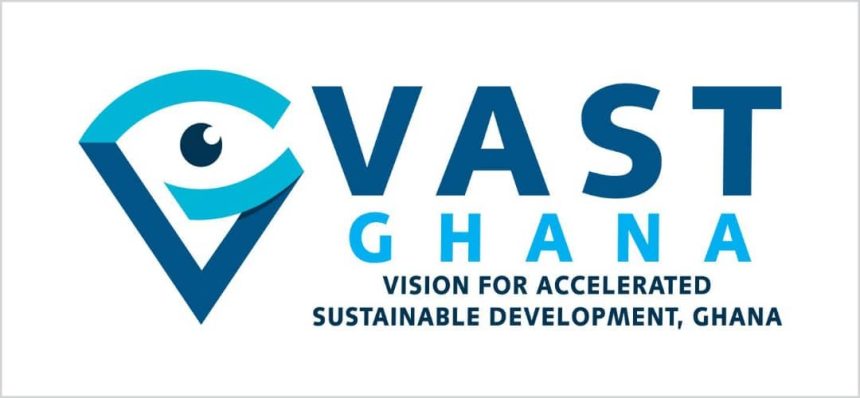Ghana had scored 55 marks in the 2025 Tobacco Industry Interference Index, a slight improvement from 58 in 2023.
It ranked 38th out of 100 countries globally, and 11th out of 20 countries in Africa.
Mr Labram Musah, the Executive Director, made this known in a statement copied to Ghana News Agency.
He said these results reflected the country’s continued commitment to implementing tobacco control policies but also exposed critical weaknesses that threatened public health policies.
The Tobacco Industry Interference Index is a global accountability tool that assesses countries using publicly available information to determine the extent of industry interference in tobacco control policy.
It is grounded in Article 5.3 of the WHO FCTC, which mandates Parties to protect public health policies from commercial and other vested interest of the tobacco industry.
The Index evaluates government performance across key indicators, including industry participation in policy development, corporate social responsibility activities, unnecessary interactions, benefits to the industry, transparency, and conflict of interest.
A lower score indicates less interference and stronger implementation of Article 5.3, the statement indicated.
It said the 2025 Index highlighted that Ghana’s legislative framework, particularly the Public Health Act 2012 (Act 851) and the Tobacco Control Regulations 2016 (L.I. 2247), provided a strong foundation for protecting citizens from the harmful effects of tobacco.
“However, operational gaps persist, especially in implementing Section 18 of L.I. 2247, which mandates the Ministry of Health to develop a code of conduct for public officers, contractors, and consultants to guide interactions with the tobacco industry,” it stated.
The statement said despite the provision, no code has been issued, leaving public officers without clear guidance on managing potential conflicts of interest or influence from industry actors.
“This omission weakens Ghana’s compliance with Article 5.3 of the WHO FCTC and exposes policymakers to subtle lobbying and manipulation,” it noted.
To this end, the VAST-Ghana proposed the strengthening of Ghana’s compliance with the World Health Organisation Framework Convention on Tobacco Control (WHO FCTC) and enhancing protection against industry interference.
It said the Ministry of Health should operationalize Section 18 of the Tobacco Control Regulations (L.I. 2247) by issuing a formal and enforceable code of conduct that prescribed standards for all public officers, contractors, and consultants in their dealings with the tobacco industry.
Also, government officials should be required to publicly disclose all interactions with the tobacco industry, and such disclosures should be published on official websites or annual transparency reports.
In addition, the Excise Duty Amendment Act 2023 should be revised to exclude e-cigarettes and e-liquids, ensuring alignment with the Public Health Act 2012 (Act 851), which bans such products except for cessation purposes.
Besides, the tobacco industry should be mandated to publish detailed information on its financial operations, including revenues, market share, tax exemptions, and incentives received from government agencies.
The government, through ECOWAS, should initiate regional fiscal policy reviews to address measures that indirectly favour the tobacco industry, including FOB discounts and duty-free import privileges.
The enforcement mechanisms must be strengthened, and adequate resources allocated to ensure compliance with existing smoke-free, advertising, and packaging regulations.
TTe regular capacity-building programmes should be established to enhance the capacity of public officers across sectors on Article 5.3 and how to identify and prevent tobacco industry interference.
The VAST Ghana emphasized that the slight improvement in Ghana’s score reflected potential for progress, but sustained political commitment is essential to achieving full compliance with the WHO FCTC.
“As the world prepares for session of the Conference of Parties on the FCTC (COP11) and fourth session of the Meetings of Parties to the Protocol to Eliminate Illicit Trade in Tobacco Control (MOP4), Ghana can demonstrate leadership in Africa by adopting strong governance frameworks that uphold the independence of health policymaking,” it stated.
It called on Parliament, the Ministry of Health, the Ghana Revenue Authority, and the Food and Drugs Authority to collaborate in ensuring that public health policies remained free from tobacco industry influence.
“The 2025 Global Tobacco Industry Interference Index serves as both a warning and an opportunity for Ghana to act decisively to protect public health from the tactics of one of the most harmful industries in the world.
VAST-Ghana urged the government’s delegation to the 11th session of the Conference of Parties on the FCTC (COP11) and fourth session of the Meetings of Parties to the Protocol to Eliminate Illicit Trade in Tobacco Control (MOP4) in Geneva to adopt a bold and evidence-based stance that protect public health from vested and commercial interest of the tobacco industry.
GNA






